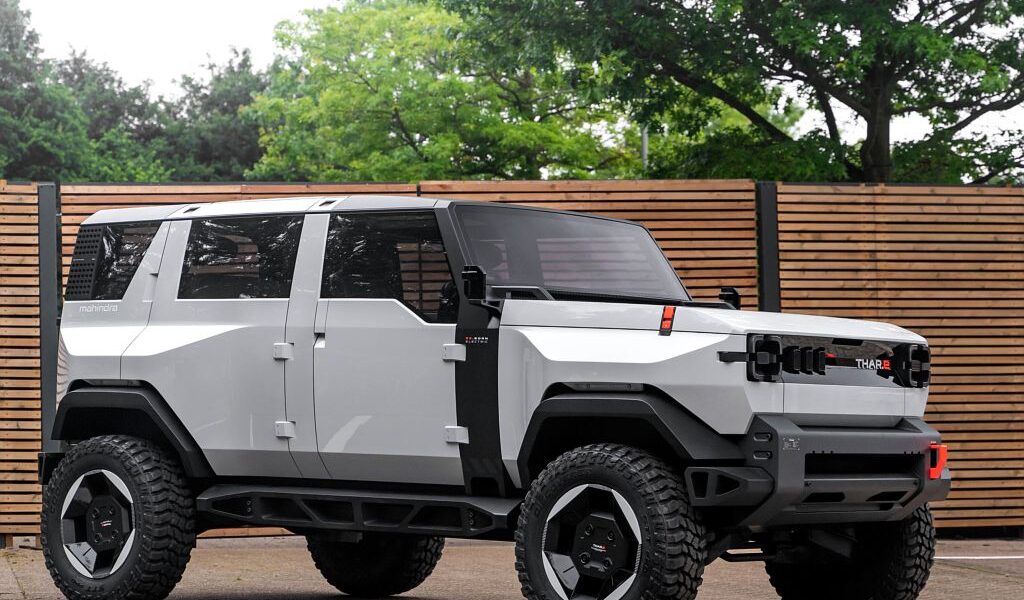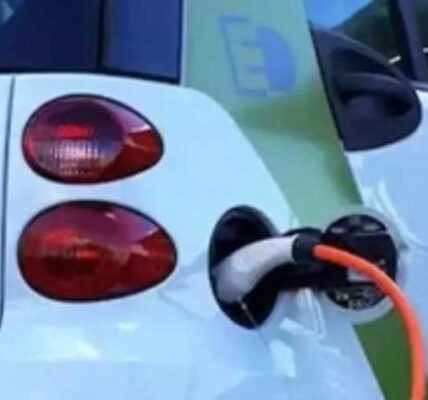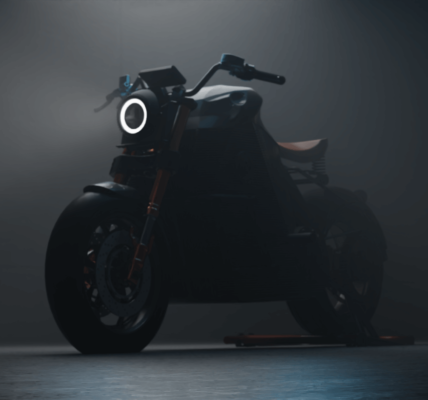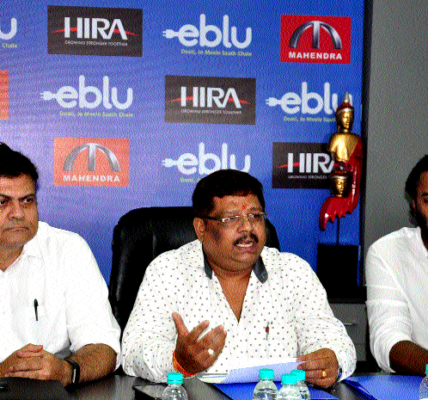MAHINDRA will launch a five- and seven-seat electric SUV under its Born Electric model range in Australia, but the market will be considerably more mature by the time these battery electric vehicle (BEV) models launch.
GoAuto has learned that the introduction of the first electric vehicles for the Mahindra brand in Australia is still “two to three years” away, even though the first examples of the company’s Born Electric vehicles are set to be launched “very soon” in their home market.
With camouflaged prototypes and development vehicles silently scooting around us at the brand’s SUV proving track in India this week, Mahindra Auto head of APAC Joydeep Moitra told GoAuto that Australia is still between 24 and 36 months away from launch.
“I think it’s still two to three years down the line,” he said, before stating that the brand will focus on the purpose-built Born Electric models which are set to use BYD battery systems and make use of some VW Group motor components, rather than an existing platform model with electrification, at least at launch.
“We should look at some of the Born Electric models coming in. It should be a five-seater to start with, and then progressively into a seven-seater,” he added, before explaining that electrified versions of XUV models would likely arrive around the same as those developed on the new Born Electric architecture.
“We would prefer to bring in the Born Electrics because they are being created ground-up, rather than work on XUV. Eventually, both of them will arrive at the same time, so it doesn’t make a difference,” he said.
“The five-seater and the seven-seater Born Electric will eventually come around the same time. So, it will not make any difference in terms of the model line-up.”
The head of Mahindra Australia, Ankit Taneja, said the business will assess what is right for the market, but confirmed that the company is all-in on BEVs as a form of future mobility for markets like Australia.
“Born Electric, definitely, is something we are very excited about,” said Mr Taneja.
“There will be a range of vehicles, and Australia is a priority market for us. So, whichever product comes from the international standpoint, with the vision that has been shared … we would be looking at all the options as to how we ramp up on our product line.
“But then that absolutely depends on the product market fit. We really don’t want to bring anything if it doesn’t make sense. But whichever is clearly appealing in terms of having the right market size because the channel now is in place.”
Furthermore, Mr Moitra reiterated that hybrid technology is not a part of the brand’s plans in the Indian market, or elsewhere.
“At Mahindra, this was a conscious call that we had taken many years back. We have this much amount of bandwidth in terms of the workload that we can do,” he said.
“And clearly our strategic choice was to have clear clarity on eyes and clarity on electrics and not be everywhere and spread out your resources. That way we can have our resources to be completely focused and be faster to market.”
Mr Moitra reiterated that BEVs will be a critical part of the brand’s business in the Australian market, alongside the likes of the petrol XUV700 seven-seater, and the diesel-powered Scorpio 4×4 SUV and the upcoming new-generation dual-cab ute.
“We believe that the penetration – especially in SUVs – is cranking up,” he detailed.
“Australia is getting close to 8.5 to 9.0 per cent electric in the SUV space, it will grow as we go along because of the lifestyle needs of customers as infrastructure for charging etc improves around the world, it will continue to improve.
“So, we believe that for our international markets, especially Australia and New Zealand, electrics will play a very significant role in expanding the addressable market for our products in these markets, bringing in new-age customers and yes, I think it will expand our pool significantly.”
Of course, by 2025 or 2026, many other brands will also have multiple BEV models on offer in the Australian market.
In 2024 alone there are plans from the likes of the Volkswagen Group (with Volkswagen, Skoda and Audi all set to offer several new BEVs), not to mention Kia, and potential model line expansion from electrified upstart brand BYD.
Other marques known for budget-friendly offerings, such as Chery and SsangYong, are also expected to join the fray with BEV models by the time Mahindra launches its first models.







